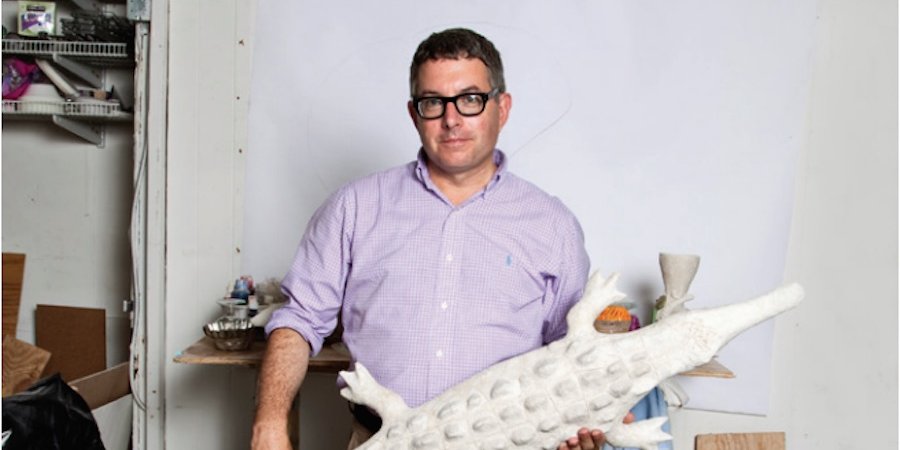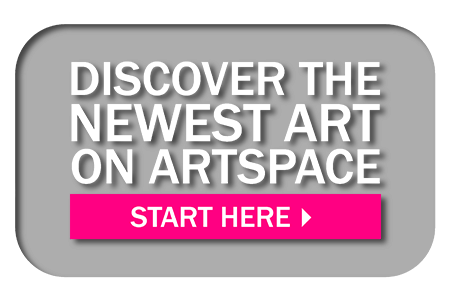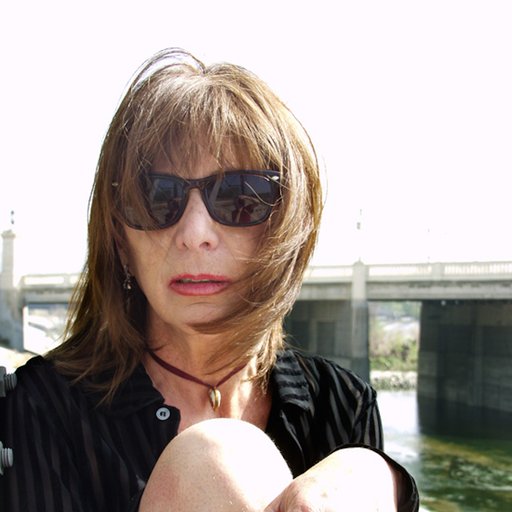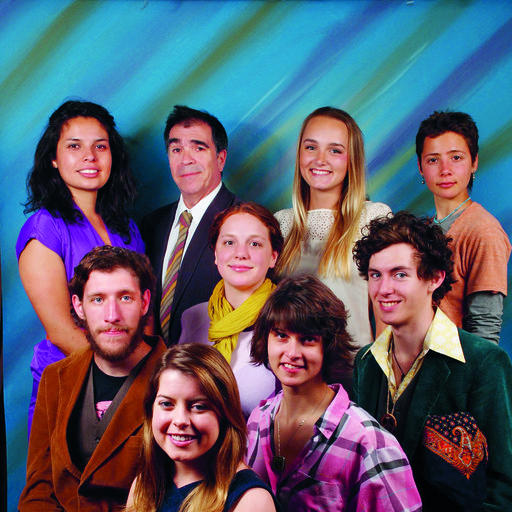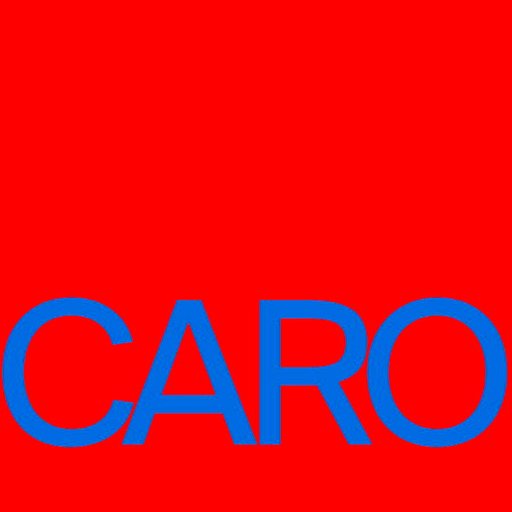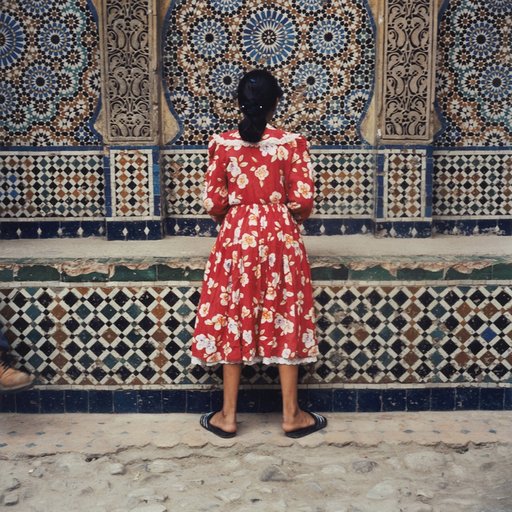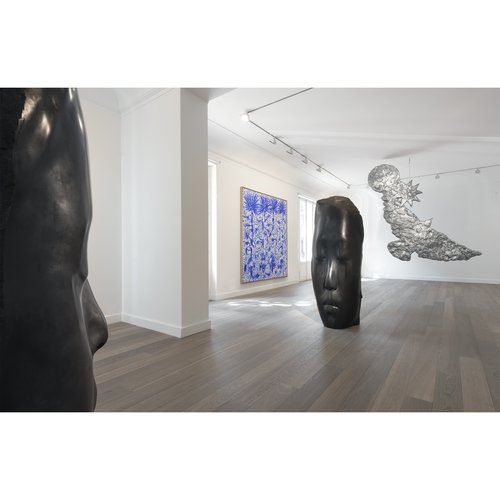The established installation artist Mark Dion presents his works as if they were scientific or archeological findings, making us question the distinction between art exhibits and supposedly more "authoritative" displays of information. As a mentor at Columbia University's School of the Arts, Dion encourages his students to do their own creative field research in New York City. The following lesson plan has been excerpted in its entirety from the new book AKADEMIE X: Lessons in Art + Life.
When I teach, a primary element of my methodology is to facilitate intense interaction, and my task, as I see it, is to deepen and strengthen potentially life-long bonds through challenging encounters in New York and beyond. Once every two years I divide my Columbia University mentor group into three teams and send them on a scavenger hunt across the city. Twelve hours later, when the teams return and present their discoveries to the rest of the group, the points are tallied and a winner is declared.
NEW YORK CITY SCAVENGER HUNT
1. One sheet of unused letterhead stationery from any of the following museums: the Museum of Modern Art, the Whitney Museum of American Art, the Guggenheim Museum (5 points each)
2. Iraq War card deck (2 points)
3. Copy of book Concrete Jungle (10 Points)
4. Signature of Columbia University Visual Arts Graduate Faculty (one only!) (3 points)
5. Souvenir from the Waldorf Astoria or Algonquian Hotels (3 points each)
6. Bottle of rum from Nicaragua (5 points)
7. Number 3 lead sinker (2 points)
8. Can of ‘good luck’ aerosol spray (5 points)
9. Today’s newspaper in Portuguese (newsprint only) (6 points)
10. Photo of any three team members in front of the Unicorn Tapestry (6 points)
11. Hair strand from horse’s tail (5 points)
12. Rubbing from the grave of John James Audubon (15 Points)
13. Hell notes (4 points)
14. Postcard photos of any of the following: Orson Welles, Marcel Duchamp, Mahatma Gandhi, Ella Fitzgerald, Sigmund Freud, Hans Christian Anderson, Emma Goldman, Edgar Allen Poe, Grace Kelly, Toni Morrison, John Cage, a woman with a dog, Lewis Carroll, Pablo Picasso (2 points each)
15. Turkish delight (5 points, 6 points if rose flavoured)
16. White clay pipe (15 points)
17. Handprint of a small child in green paint (5 points)
18. Business card from someone who works at Bloomberg or the Bureau of Traffic Violations (10 points)
19. Bart Simpson T-shirt (10 points)
20. Job application form from Pearl Paint (5 points) and other art-supply stores (2 points each)
21. Issue number 92 of October (10 points)
22. Photo-booth strip with at least three members of team (15 points)
23. Any Batman comic from 1982 (8 points)
24. Sound-effects record, vinyl only, that features ‘barking dog’ (12 points)
25. New York City subway token (5 points)
26. Photograph of any team member with Tanya Bonakdar (7 points)
27. Souvenir from the Campbell Apartment (5 points)
The Scavenger Hunt ends at 9:00 p.m. sharp, and all team members must be present. Each team will lose 2 points for every team member not present at the finish-line location at 9:00 p.m.
ASSIGNED READING
These are the books most responsible for my world view and my philosophy, as articulated through my artwork. They are mostly rather melancholy works of prose, and in my twenty-six years of teaching I have only encountered one student who has read more than five of them.
– Bates, Henry Walter. The Naturalist on the River Amazons. London: J. Murray, 1863
– Foucault, Michel. Power/Knowledge: Selected interviews and Other Writings, 1972–1977, edited by Colin Gordon. New York: The Harvester Press, 1980
– Lévi-Strauss, Claude. Tristes Tropiques. Paris: Librairie Plon, 1955. Translated by John Russell. London: Hutchinson & Co., 1961
– Schama, Simon. Landscape and Memory. New York: Vintage Books, 1995
– Thomas, Keith. Man and the Natural World: Changing Attitudes in England 1500–1800. New York: Oxford University Press, 1983
– Williams, Raymond. The Country and the City. London: Chatto & Windus, 1973
– Wilson, Alexander. The Culture of Nature: North American Landscape from Disneyland to the Exxon Valdez. Toronto: Between the Lines, 1991











